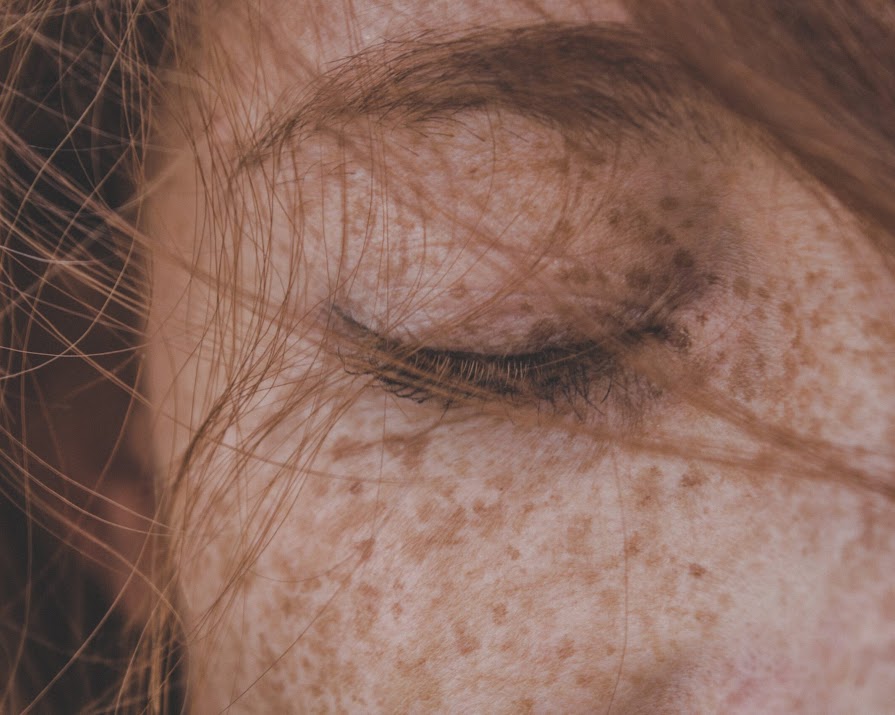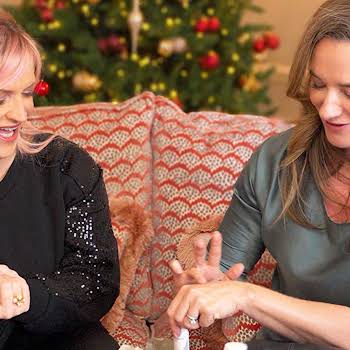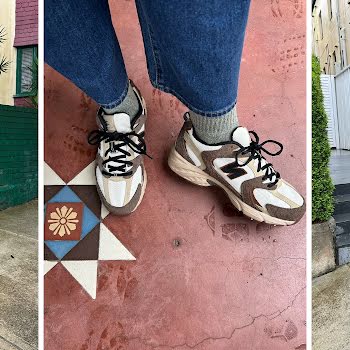
By Dominique McMullan
29th Nov 2023
29th Nov 2023
Sponsored By

Several solutions to help alleviate symptoms.
The seasons are changing and there is a chill in the air, for people with eczema this time of year may make managing their condition a little more challenging. Eczema is a skin condition characterised by itchy, dry, and inflamed skin, and unfortunately, it often worsens in the colder months due to the drop in temperature and humidity.
But don’t fear, with the right strategies, you can proactively manage eczema and minimise any discomfort during colder months.
Moisturise, Moisturise, Moisturise
And then moisturise again! One of the fundamental keys to managing eczema is proper hydration of the skin. Cold air tends to be dry, which can pull moisture from your skin, and this leads to increased itching and potentially sore inflammation.
To combat this, try to establish a regular moisturising routine. Opt for thick, fragrance-free emollients or ointments and apply them immediately after bathing to lock in moisture.

We love No7 Derm Solutions™ Eczema Treatment, as it is specifically designed for eczema sufferers and soothes itchiness, redness and dryness.
Lukewarm Baths and Showers

While it may be tempting to soak in a long, hot bath during the winter, hot water can actually strip your skin of its natural oils, and this will exacerbate eczema symptoms. Instead, opt for lukewarm baths or showers and limit your time in the water, as contrary to what you might think, time in water can really dry skin out. After bathing, gently pat your skin dry with a soft towel, rather than rubbing, to minimise irritation.
Wear Appropriate Clothing

The right clothing can be a game-changer for eczema management in winter. Choose loose-fitting, breathable fabrics made from natural materials like cotton or bamboo. Avoid wearing scratchy or woollen fabrics, as they can irritate your skin. Layering your clothing can also help regulate your body temperature and reduce the risk of overheating, which can trigger eczema flare-ups.
Humidify Your Indoor Environment
Heating systems in winter can create dry indoor air, which can dehydrate your skin. To counteract this, consider investing in a humidifier to add moisture to the air in your home. Maintaining indoor humidity at around 40-50 per cent can really help prevent dryness and itching.
Stay Consistent with Medications
If you have visited your GP or a dermatologist and been prescribed creams to manage your eczema, it’s crucial to stay consistent. Application once every few days won’t cut it. Consult your dermatologist or GP for any adjustments needed for the colder season.
Remember that Eczema doesn’t have to control your life during the winter months. You can proactively manage your condition and minimise discomfort. But if you are in any doubt, always visit your GP or dermatologist.
Shop No7 Derm Solutions in selected Boots stores and online at Boots.ie























